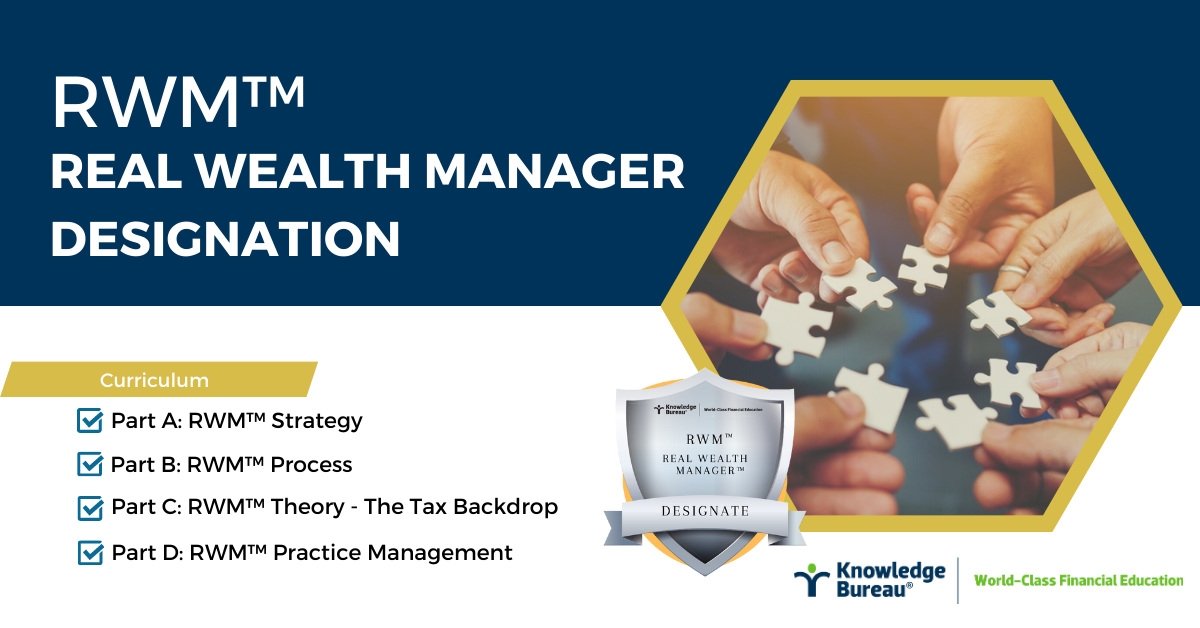Last updated: July 12 2023
Insolvent Millennials – Tax and Student Loan Options That Can Help

Evelyn Jacks
A study conducted about six months ago found that on a per-population basis, millennials were 1.4 times more likely to file for insolvency than Gen X aged 42 to 56, and 1.7 times more likely than baby boomers aged 57 to 76. Insolvent millennials were on average 33 years old and owed an average of $47,283 in unsecured debt. Now, with the summer upon us, and tax season behind us, the time is right to meet with these stressed generations and find out whether the tax system can help and whether their student loans can in fact be forgiven. Check out this summer checklist of important actions for potential insolvents:
File Missed Tax Returns. First and foremost be sure that tax returns have been filed to generate tax refunds, and refundable tax credits like the Grocery Rebate, an enhancement of the GST/HST tax credit. While that refund Investors will also was to be sure to claim capital and non-capital losses against prior year’s capital gains to generate what can be lucrative tax refunds.
Federal Canada Student Loan Forgiveness. Debt forgiveness may be in the cards, as well. Family doctors, residents in family medicines and nurses or nurse practitioners can receive student loan forgiveness from the federal government. Doctors or residents can receive up to $40,000 in Canada Student Loan forgiveness; $8,000 per year, over a maximum of 5 years; while nurses or nurse practitioners can receive $20,000 in Canada Student Loan forgiveness - $4,000 a year over a maximum of 5 years. (Note the province of Saskatchewan offers loan  forgiveness to nurses and nurse practitioners, too).
forgiveness to nurses and nurse practitioners, too).
The federal loan forgiveness applies to outstanding loan principal balances after the end of 12 months of service in under-served rural or remote communities. Those with a Canada Student Loan balance at the end of each year of service in an eligible community, will qualify for loan forgiveness for 5 years, and the 5 years does not have to be consecutive.
Federal Canada Student Loan Interest Forgiveness - Effective April 1st, 2023, the Government of Canada permanently eliminated the accumulation of interest on all Canada Student Loans including loans currently being repaid. However the student continues to be responsible for any interest that accrued on their loan before April 1, 2023.
The governments of Canada, Manitoba, Newfoundland and Labrador, Saskatchewan, and New Brunswick have also updated their Repayment Assistance Plan (RAP) eligibility with new zero payment income thresholds and the maximum payments which have been lowered from 20% to 10% of a household income. The changes are effective in November 2022.
Principle residence exemption rules. Selling a home to pay the bills? Be sure to understand the principle residence exemption rules, which have recently changed in order to stay out of tax trouble. It’s important to file a tax return in each year in which a principle residence was sold, as a starting point, to avoid penalties. But also remember, there are now also residential property anti-flipping rules which require a minimum period – at least 366 days - in which you must live in the home to avoid severe tax consequences on any gains on a future sale – a full income inclusion. Some exemptions are available in certain circumstances.
Rental Property and GST/HST reporting rules. Renting out the property to make some extra money? You will have to report the income on your tax return and there may be GST/HST reporting requirements, too, in the case of short term rentals. Tax advice is important before you proceed.
Bottom Line: See a DMA™-Tax Services Specialist™ and/or an RWM™ Real Wealth Manager for help with potential insolvency issues. There may be a way out of financial trouble with sound tax advice.
